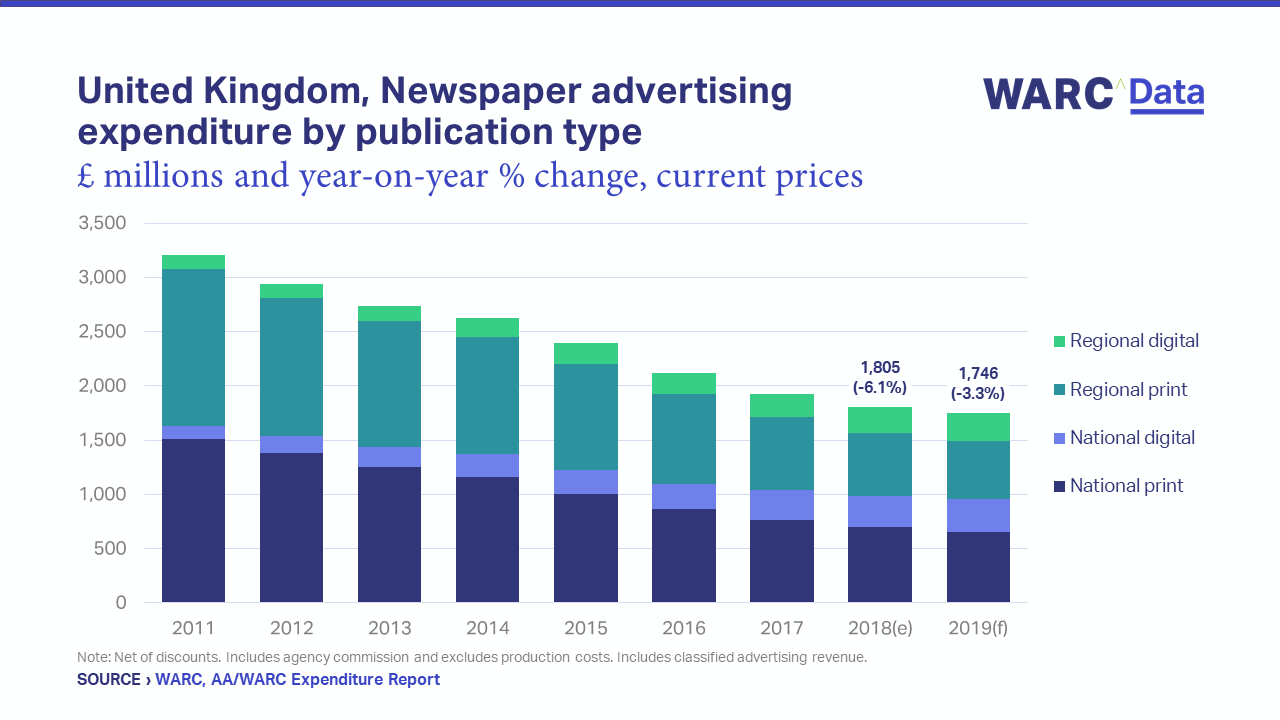The Cairncross Review, headed by former journalist Dame Frances Cairncross, was ordered by Prime Minister Theresa May to look into the sustainability of high-quality journalism amid fears about the future of the UK press, which has experienced dramatic declines in circulation and advertising.
Among the review’s central findings are proposals to tackle what it describes “the uneven balance of power” between publishers and online distributors of news content, such as Google and Facebook.
These news distributors need to enable their audiences to spot fake news, the review says, and they need to be more transparent about how news pieces are selected, and in the process “nudge people towards reading news of high quality”.
In a major recommendation it says, “Their efforts should be placed under regulatory scrutiny – this task is too important to leave entirely to the judgement of commercial entities”.
Any regulator would initially be tasked with merely assessing how well sites performed; if this was found to be ineffective “it may be necessary to impose stricter provisions”, the review says.
A regulator would not dictate news quality, but instead police a “code of conduct” that could govern commercial relationships between news publishers and tech platforms over news distribution.
There had been speculation the review would recommend tech distributors pay for the news they distribute, but it fell short of this. And, notably, there is no recommendation that regulation should be introduced for all social media in the UK, or that social media should be treated as publishers, which would make them legally responsible for everything on their platforms.
The review highlights the serious consequences of the dramatic decline in print journalism, and in particular of the regional press.
The circulation of national titles fell from 11.5 million in 2008 to just 5.8 million by 2018, while local newspaper sales halved between 2007 and 2017, falling from 63.4 million a week, to 31.4 million. Print advertising revenues have also plummeted and have not been offset by the growth of digital ad revenues.

The review says local news coverage is likely to completely disappear without support from public funds, which it recommends for public-interest news outlets.
Other key recommendations include an investigation into online advertising by the Competition and Markets Authority to “ensure fair competition” – basically to examine whether Google and Facebook are too dominant. It also suggests the UK media regulator, Ofcom, looks into the “market impact and role” of the publicly funded BBC.
Sourced from DCMS; additional content by WARC staff
